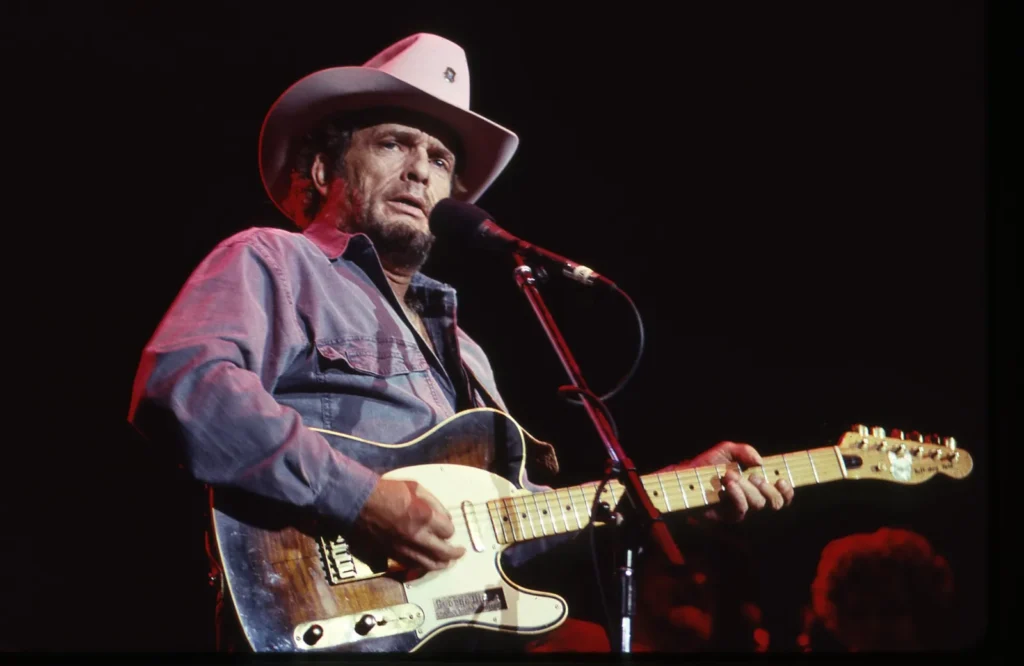
A Working Man’s Lament Wrapped in Steel, Smoke, and the Dream of Open Fields
When Merle Haggard released “Big City” in 1981, it marked yet another poignant chapter in the storied career of a man who had long given voice to America’s blue-collar backbone. As the title track from his album Big City, the song soared to No. 1 on Billboard’s Hot Country Singles chart, affirming Haggard’s enduring resonance with working-class audiences even as the tides of country music began to shift toward glossier, more commercialized terrain. But far from being just another hit in a string of chart-toppers, “Big City” distilled decades of hard-won wisdom into three minutes and six seconds of timeless yearning.
At its surface, “Big City” is deceptively simple: a man longs to leave behind the concrete confines of urban labor for the promise of simpler living and open spaces. Yet within its verses lies a profound meditation on alienation and autonomy—an anthem not just for those worn down by the weight of wage work, but for anyone who has ever dreamed of reclaiming their life from forces beyond their control. “I’m tired of this dirty old city,” Haggard sings with a weariness that feels lived-in, not performed. His voice—rugged but tender—carries decades of factory shifts, freight yards, and dustbowl dreams.
The song was co-written by Haggard and his longtime guitarist Dean Holloway, reportedly on the spot during a casual conversation about city life versus rural freedom. This unpretentious origin belies the depth of its emotional impact. Like much of Haggard’s best work, “Big City” captures something elemental—an ache as old as industrialization itself: man’s uneasy truce with progress. The steel guitar weaves through the melody like smog curling above smokestacks, while fiddle strains suggest a world left behind but not forgotten.
In many ways, “Big City” is an evolution of themes Haggard had explored since his earliest days—songs like “Mama Tried”, “Workin’ Man Blues”, and “If We Make It Through December.” But where those earlier works leaned heavily on biographical grit or melancholic storytelling, “Big City” is more defiant in tone. The protagonist isn’t resigned; he’s resolved. “Turn me loose,” he demands, asserting his right not merely to survive, but to choose where and how he lives.
The track’s resonance was immediate and lasting. In an era when country music was increasingly polished for urban radio listeners, Haggard offered a song that pulled no punches—one that spoke directly to factory workers, truckers, farmhands, and anyone else left behind in Reagan-era America’s rush toward prosperity. It was both protest and prayer: a call to return not just to the land, but to oneself.
More than four decades later, “Big City” still echoes down empty highways and over factory floors—a reminder that true country music doesn’t just tell stories; it carries burdens. And few carried them more gracefully than Merle Haggard.